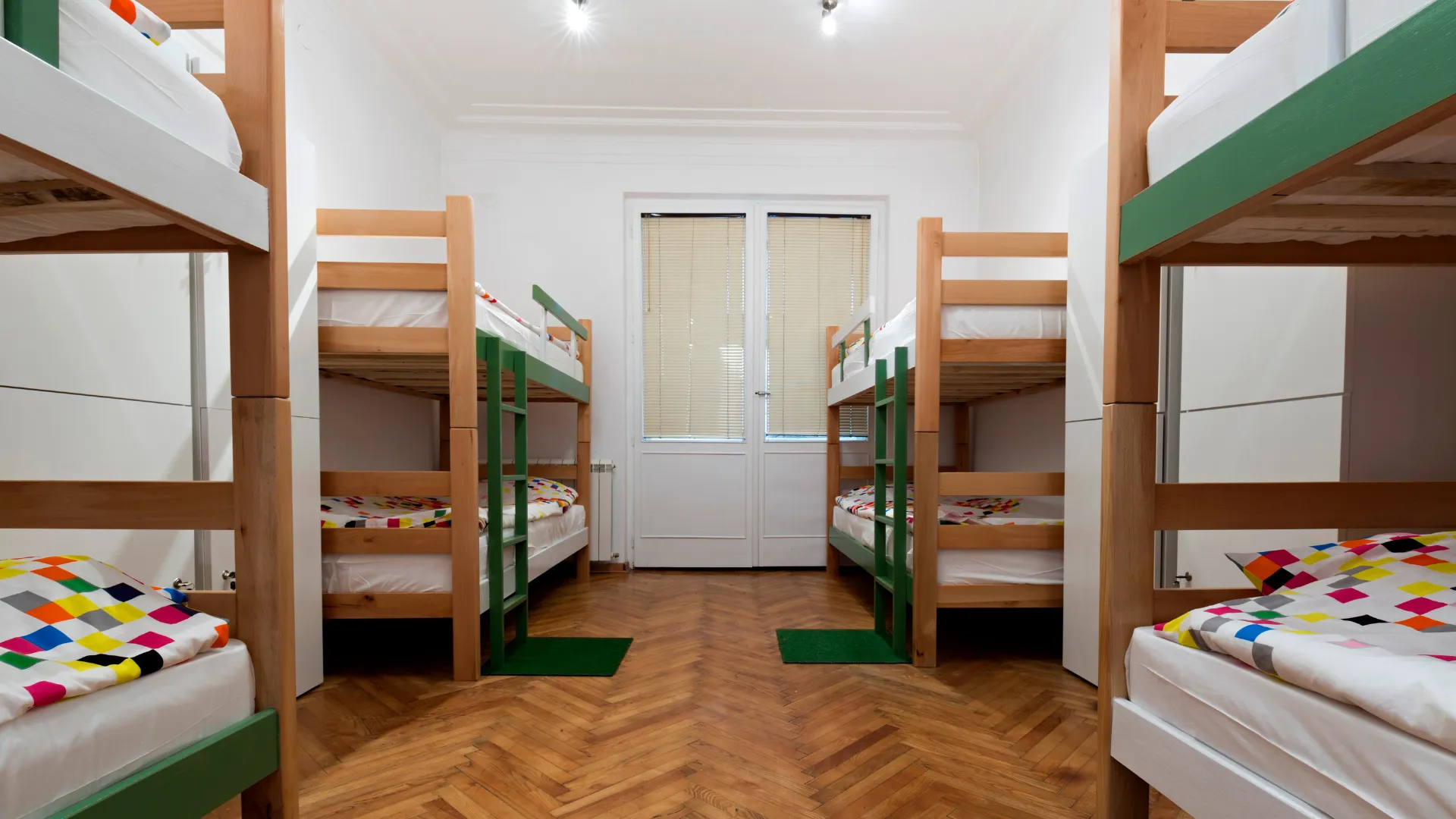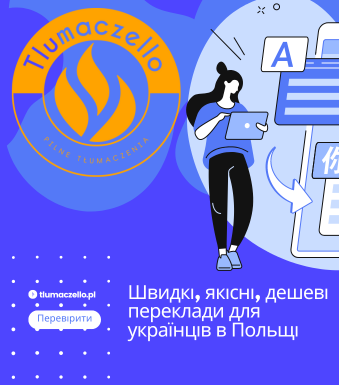Key Mistakes Asian Migrants Make When Seeking Work in Poland—and How to Avoid Them

Poland, with its burgeoning economy and increasing demand for skilled labor, presents a tempting prospect for Asian migrants seeking employment. However, the path to securing a fulfilling job in Poland is not always straightforward. Many Asian migrants, despite possessing valuable skills and qualifications, stumble upon common pitfalls that hinder their job search. This article aims to dissect these crucial mistakes, offering actionable advice to navigate the Polish employment landscape successfully. By understanding and avoiding these errors, Asian job seekers can significantly improve their chances of securing desirable positions and building thriving careers in Poland. It’s not enough to simply want a job; a proactive, informed, and culturally sensitive approach is paramount.
Myopic Focus: Why Qualifications Alone Don’t Guarantee Success
Many Asian migrants believe that their academic degrees and professional experience are sufficient to land a job in Poland. While qualifications are undoubtedly important, they are only one piece of the puzzle. Polish employers often prioritize a well-rounded candidate with strong soft skills, cultural adaptability, and a demonstrable willingness to learn the Polish language. A purely technical focus, neglecting these crucial aspects, can lead to disappointment, even for candidates with impressive credentials.
This myopic view often stems from a different cultural understanding of the hiring process. In some Asian countries, academic achievements and technical expertise hold a disproportionately high value. However, Polish employers place a greater emphasis on teamwork, communication, and the ability to integrate into a diverse workplace. Failing to recognize this difference and neglecting the development of soft skills can severely limit job opportunities.
Therefore, Asian migrants must broaden their perspective beyond mere qualifications. Actively seeking opportunities to develop communication skills, participating in cultural exchange programs, and demonstrating a genuine interest in Polish culture are essential investments. By showcasing a holistic profile that encompasses both technical expertise and cultural adaptability, job seekers can significantly enhance their appeal to potential employers.
Undervaluing Polish Culture: A Barrier to Job Market Entry
A significant oversight among many Asian migrants is the underestimation of Polish culture’s impact on the job market. Poland, steeped in tradition and history, possesses a unique cultural landscape that permeates all aspects of life, including the workplace. Ignoring these cultural nuances can lead to misunderstandings, communication breakdowns, and ultimately, rejection from potential employers. A superficial understanding is not enough; demonstrable cultural sensitivity is key.
This cultural disconnect often manifests in subtle yet significant ways. For example, direct eye contact, considered a sign of respect in some cultures, might be perceived as confrontational in Poland. Similarly, the level of formality in communication and the importance of building personal relationships can significantly differ from what migrants are accustomed to. Failing to adapt to these nuances can create a sense of unease and distrust among colleagues and employers.
To overcome this barrier, Asian migrants should actively engage in cultural immersion. This includes learning basic Polish greetings and customs, understanding the importance of punctuality and respect for hierarchy, and familiarizing themselves with Polish social etiquette. Demonstrating a genuine effort to understand and appreciate Polish culture not only enhances communication but also signals a willingness to integrate into the local community, making job seekers more attractive to potential employers.
Disregarding Visa Rules: A Recipe for Employment Catastrophe
One of the most critical mistakes Asian migrants can make is neglecting to thoroughly understand and comply with Polish visa regulations. Working in Poland without the proper visa and work permits is not only illegal but also carries severe consequences, including deportation, fines, and a permanent ban from entering the country. Ignorance of the law is no excuse; it is the responsibility of each individual to ensure their legal status is in order.
The Polish visa system can be complex, with various types of visas and permits catering to different employment situations. Navigating this system requires careful research, accurate documentation, and often, professional guidance. Relying on unreliable sources or attempting to circumvent the regulations can lead to disastrous outcomes, jeopardizing both employment prospects and future opportunities.
Therefore, Asian migrants must prioritize understanding and adhering to Polish visa regulations. Consulting with immigration lawyers or authorized agencies is highly recommended to ensure compliance. Before accepting any job offer, it is crucial to verify that the employer will sponsor the necessary work permits and facilitate the visa application process. By prioritizing legal compliance, job seekers can avoid devastating consequences and secure their right to work and reside in Poland legally.
Communication Blunders: Silencing Your Chances of Employment
Effective communication is paramount in any job market, and Poland is no exception. Yet, many Asian migrants struggle with communication in Polish, often relying solely on English, which can significantly limit their job opportunities. While English is widely spoken in certain industries, fluency in Polish is often a prerequisite for many positions, particularly those involving customer interaction or team collaboration.
This communication barrier extends beyond language proficiency. Cultural differences in communication styles can also lead to misunderstandings and misinterpretations. For example, indirect communication, common in some Asian cultures, may be perceived as evasive or unclear in Poland. Similarly, the level of assertiveness and directness in communication can differ significantly, leading to potential conflicts and misinterpretations.
To overcome these communication blunders, Asian migrants must invest in learning Polish and actively practice their communication skills. Enrolling in language courses, participating in conversation groups, and seeking opportunities to interact with native Polish speakers are essential steps. Furthermore, understanding and adapting to Polish communication styles, such as being direct and assertive while remaining respectful, can greatly enhance their ability to communicate effectively and build strong professional relationships.
Ignoring Networking: Missing Opportunities for Career Growth
Networking is a crucial aspect of job searching in Poland, yet many Asian migrants fail to leverage its potential. Building connections with industry professionals, attending job fairs, and participating in relevant events can significantly expand job seekers’ reach and increase their chances of finding suitable employment. Ignoring these opportunities can lead to isolation and missed prospects.
This neglect of networking often stems from cultural differences in professional development. In some Asian countries, career advancement is primarily based on individual performance and merit. However, in Poland, networking and building relationships play a significant role in career progression. Personal connections can provide access to unadvertised job openings, valuable insights into specific industries, and crucial support during the job search process.
Therefore, Asian migrants must actively cultivate their professional network in Poland. Attending industry conferences, joining relevant professional organizations, and connecting with people on LinkedIn are valuable strategies. Furthermore, engaging in conversations, sharing knowledge, and offering assistance to others can foster strong relationships and create opportunities for career growth. By embracing networking, job seekers can unlock hidden opportunities and build a supportive community that can propel their career forward.
Unrealistic Expectations: Setting Yourself Up for Disappointment
One of the most pervasive mistakes Asian migrants make is harboring unrealistic expectations about the Polish job market. Expecting to immediately secure a high-paying job that perfectly matches their qualifications without considering the local context can lead to profound disappointment and discouragement. A more grounded and adaptable approach is essential for navigating the challenges and maximizing opportunities.
These unrealistic expectations often stem from a lack of accurate information about the Polish economy, salary levels, and industry trends. Migrants may overestimate the demand for their specific skills or underestimate the competition from local graduates and other international workers. This can result in accepting unsuitable job offers or becoming disillusioned with the job search process altogether.
To avoid this pitfall, Asian migrants must conduct thorough research and develop realistic expectations about the Polish job market. This includes understanding the average salary levels for their profession, researching the specific requirements and expectations of Polish employers, and being prepared to start at a lower level or accept a position that is not their ideal role. By adopting a flexible and pragmatic approach, job seekers can increase their chances of securing employment and building a successful career in Poland.
In conclusion, while Poland offers tremendous opportunities for Asian migrants seeking employment, success requires more than just qualifications and a desire to work. By understanding and avoiding the common mistakes outlined in this article – including a myopic focus on qualifications, undervaluing Polish culture, disregarding visa rules, making communication blunders, ignoring networking, and harboring unrealistic expectations – Asian job seekers can significantly improve their chances of securing desirable positions and building thriving careers in Poland. A proactive, informed, and culturally sensitive approach is essential for navigating the complexities of the Polish job market and achieving long-term success. The key is to adapt, learn, and integrate; only then can you truly unlock the potential that Poland offers.











